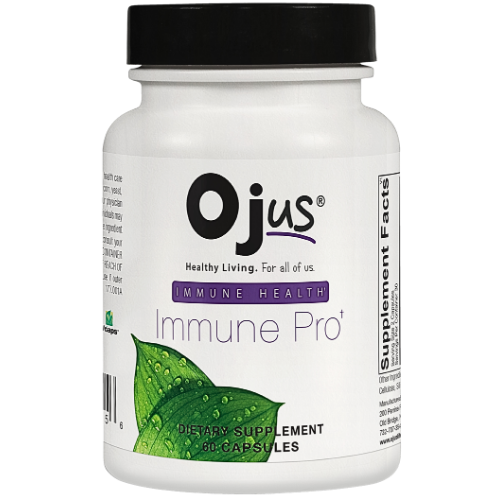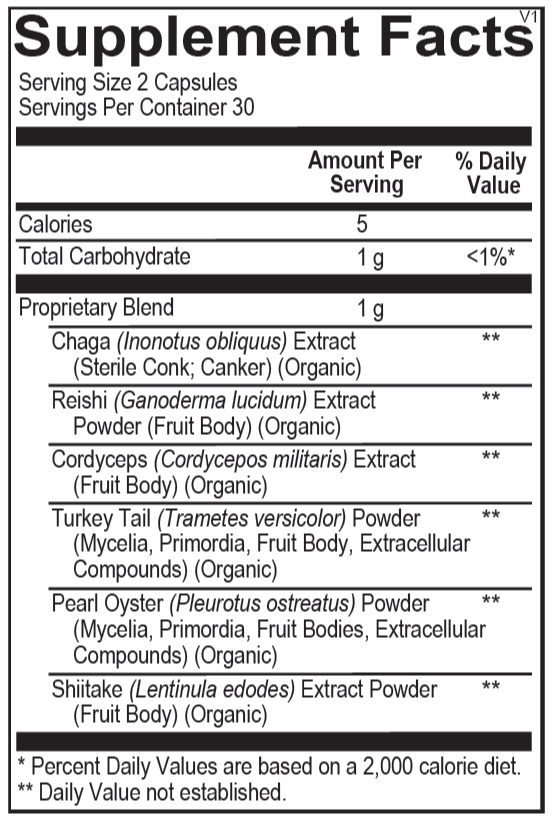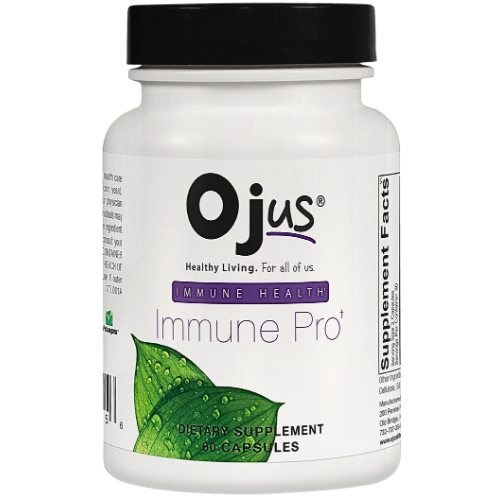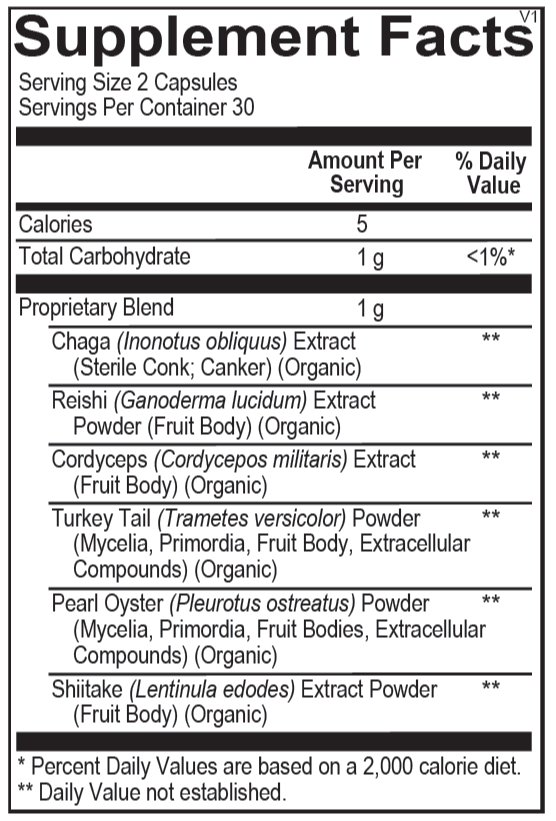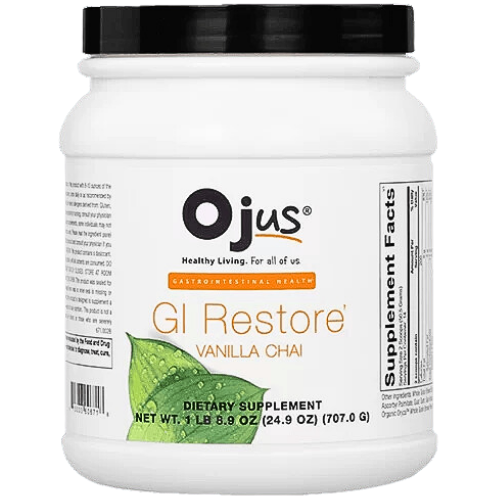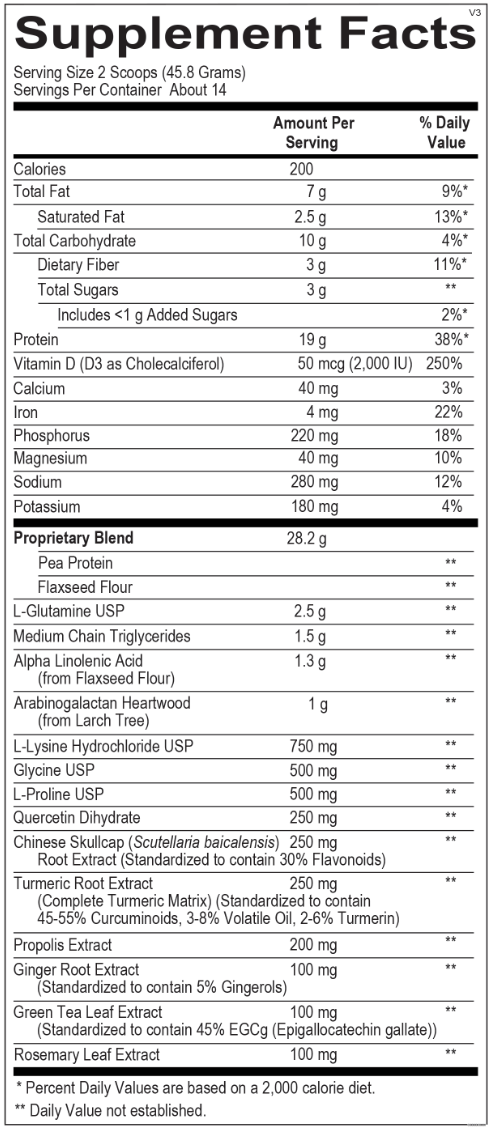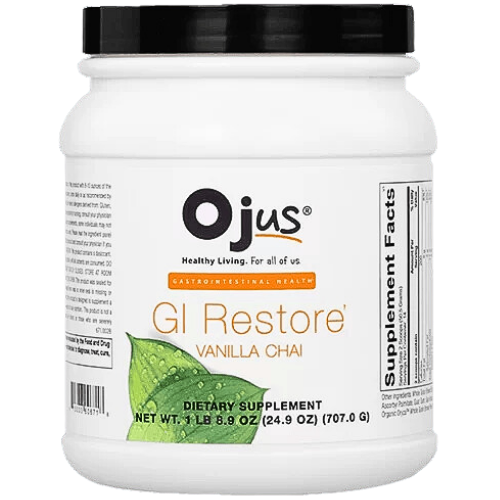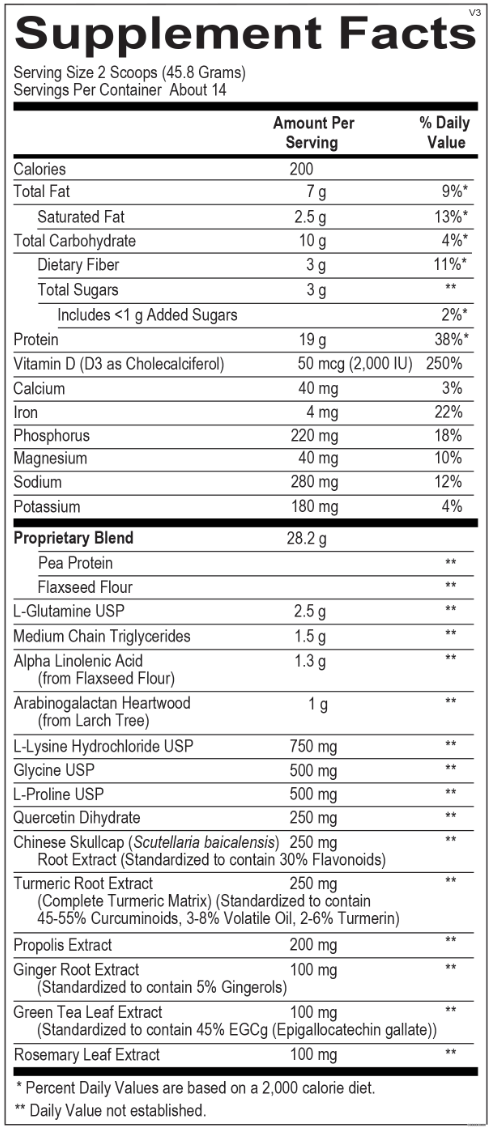
Proven Ways to Lower Thyroid Antibodies & Prevent Hashimoto's Disease
Dr Anita Nischal| Around 20 million Americans suffer from hypothyroidism, an ailment where the thyroid gland cannot produce sufficient thyroid hormone to keep the normal body functioning. Hypothyroidism is more prevalent in women than men. The underlying cause behind Hypothyroidism could be due to genetic, nutritional or immune-related factors. |
In this article, we will discuss the role of thyroid antibodies, the symptoms due to high thyroid antibodies, and its causes. We will find out high GI restore from the house of Ojus can help lower thyroid antibodies.
What are Thyroid Antibodies?
Being one of the most common autoimmune conditions, Hashimoto’s disease is the leading cause of hypothyroidism or an underactive thyroid. It is also known as Hashimoto’s thyroiditis. Commonly, it is known by the name ‘Hashimoto’s disease’.
At times, the immune system misguidedly attacks your thyroid gland with antibodies that can damage your thyroid and lead to inflammation of the thyroid gland (thyroiditis). The common cause of hypothyroidism is the autoimmune disorder Hashimoto’s thyroiditis. Antibodies attacking thyroid can be diagnosed by blood tests testing for:
- High TPO (thyroid peroxidase: antibody high symptoms)
- Elevated thyroglobulin (TG) antibodies
- Preeminent thyroid stimulating hormone (TSH) levels.
Symptoms of High Thyroid Antibodies
Although at first, you might not notice thyroid antibodies symptoms or you may observe swelling at the front of your throat (goitre). The antibodies attacking thyroid typically progresses gradually over years and grounds chronic thyroid damage, leading to a high TPO level. Below are some of the common symptoms of hypothyroidism.
- Fatigue & sluggishness
- Augmented sensitivity to cold
- Pale & dry skin and a swollen face
- Constipation
- Enlargement of the tongue
- Brittle nails
- Hair loss
- Joint pain and stiffness
- Excessive or prolonged menstrual bleeding
- Depression
- Muscle aches, tenderness and stiffness
- Memory lapses
- Unexplained weight gain
- Muscle weakness
Causes of High Thyroid Antibodies
The positive thyroid antibodies are the widespread thyroid disorder in the United States, distressing over 14 million people, particularly in women.
And, if you are ill, you are more prone to grow a minor autoimmune illness at some point later in life. The thorough reason for the disease is still unknown.
How to Reduce Hashimoto Antibodies?
While there are not any certain measures you can take to reduce thyroid antibodies, there are ways you can adopt that may reduce the risk or help you to slow down or stop the headway of the high TPO. Here are 5 proven tips to reduce Hashimoto’s antibodies.
1. Quit Smoking
Smoking has a diversity of toxins that may disturb your thyroid. Thiocyanate, in precise, disrupts iodine uptake, which in turn can lump the making of thyroid hormones.
2. Improve Your Gut Health
The initial evidence shows that gut health is thoroughly connected to thyroid health. Hence, improving gut health can reduce thyroid antibodies. So, to improve gut health, start taking healthy diet such as:
- Anti-Inflammatory Diet: A low-quality diet can lead to inflammation that can damage your thyroid and immune function.
- Gluten-free diet: Removing dairy or gluten may help in thyroid function.
- Gut Infections: Gut infections like small intestine-bacterial overgrowth and Blastocystis hominis are related to high thyroid antibodies.
Also Read: Know how to improve your gut health naturally?
3. Herbal Supplements
Research recommends that vitamin D deficiency is often related to higher levels of thyroid antibodies. Also, magnesium may reduce thyroid antibodies. Holistically, GI Restore is enriched with all the key ingredients to support immune system and gut inflammation.
Also Read: Health Benefits of Taking Magnesium
4. Therapies
There are some inspiring data offering that low-level laser therapy can reduce thyroid antibodies and decrease the high TPO as well. The therapy also tends to reduce the amount of levothyroxine medication the patients required, even after 9 months of medication and doctor check-up.
5. Heighten Iodine Levels
Iodine is a vital nutrient for the thyroid gland and should be consumed cautiously. Iodine deficiency can also cause thyroid antibodies symptoms. Therefore, balancing the iodine levels may help reduce thyroid antibodies.
How to Reduce Thyroid Hashimoto Antibodies with GI Restore?
Using gut health supplementation can improve both gut and thyroid function. GI Restore supplement can help in the high anti-tpo treatment. The supplement provides digestive support such as digestive enzymes or stomach acid support, which helps prevent thyroid peroxidase antibody high symptoms.
Best Diet for Hashimoto’s disease
First and foremost, it is essential to adopt an individualized approach to nutrition and follow the diet mentioned below by experts.
- Gluten-free diet– a protein found in wheat, barley, rye, and other grains.
- Sugar-free diet- Instead of white sugar, you can opt for brown sugar, but in a limited manner.
- Paleo diet– Autoimmune Paleo (AIP) diet requires you to stay away from food that may cause inflammation such as grains, dairy, potatoes, refined sugar, beans, lentils, and refined oils.
- Grain-free diet– This includes amaranth, oats, quinoa, millet, buckwheat, teff.
- Dairy-free diet- This diet includes milk, curd, cream etc.
Recommendations for High TPO Treatment
As experts suggest that with the correct amalgamation of medications, nutrition, and diet, you can reduce thyroid antibodies and its symptoms. Start focussing on the whole, unprocessed foods and eat fresh foods rather than frozen ones.
People with high TPO should be open to trying dissimilar eating habits until they find the one that best suits them.
If you have high levels of antithyroglobulin antibodies or high TPO in your blood, it may be a sign of the serious autoimmune disorder.
For high anti-tpo treatment naturally, you must follow a healthy diet, stress-free lifestyle, and some missing nutrients such as vitamin d and magnesium. Apart from this, stop smoking and avoid gluten, sugar, grains, dairy food items, and cruciferous vegetables (broccoli, kale & leafy vegetables).
The common symptoms of high thyroid peroxidase antibodies are- fatigue, hair loss, puffy face, brittle nails, constipation, low immune system, and tongue enlargement.
When harmful things attack the body, antibodies abolish them. Sometimes, the body makes antithyroid antibodies attacking thyroid gland by mistake. This can result in too much or too little thyroid hormones.
An antibody test is crucial to know the level of the positive thyroid antibodies in the body. In some cases, it is possible that the TPO antibody test isn’t positive with Hashimoto’s thyroiditis. Also, many people have TPO antibodies present in their body, but they don’t have a goitre, hypothyroidism or other problems related to the same.
When suffering from autoimmune diseases, your immune system starts to malfunction, thus leading foreign invaders to attack healthy organs and tissues. In conditions like thyroid-related autoimmune, the blood level of TPO antibodies may rise in some people.
If high thyroid antibodies cause thyroid hormone deficiency, then, it is recommended to opt for replacement therapy with thyroid hormone. This process generally includes daily use of the synthetic thyroid hormone levothyroxine. Besides, Radioactive Iodine, Antithyroid medication, and surgery are all available treatments that can reduce thyroid antibodies.
To prevent Hashimoto’s disease or to reduce thyroid antibodies, one can adopt herbal and natural ways. Eat a gut-healthy diet, quit smoking, take herbal supplements, increase Iodine levels, and can opt for therapies.
To reduce thyroid antibodies, you should avoid soy and dairy products as well. Also, nightshades and all grains must be avoided. However, these suggestions may help many people, but it is essential to experiment with your diet to find the right way for you.
Hashimoto’s flare includes fatigue, weight gain, perpetually cold, constipation, fertility issues, brain fog, or aching joints, and muscles. Along with this, others are pale & dry skin, dry & brittle hair and nails.
If not treated timely and properly, Hashimoto’s thyroiditis can be fatal. As such it can lead to coma or heart problems and can result in heart failure as well.
No, stress does not trigger Hashimoto’s disease but if you are suffering from Hashimoto’s disease, chronic stress can worsen the same. Thus, it is advised to learn better ways to lessen your stress as it can enhance your overall health.


